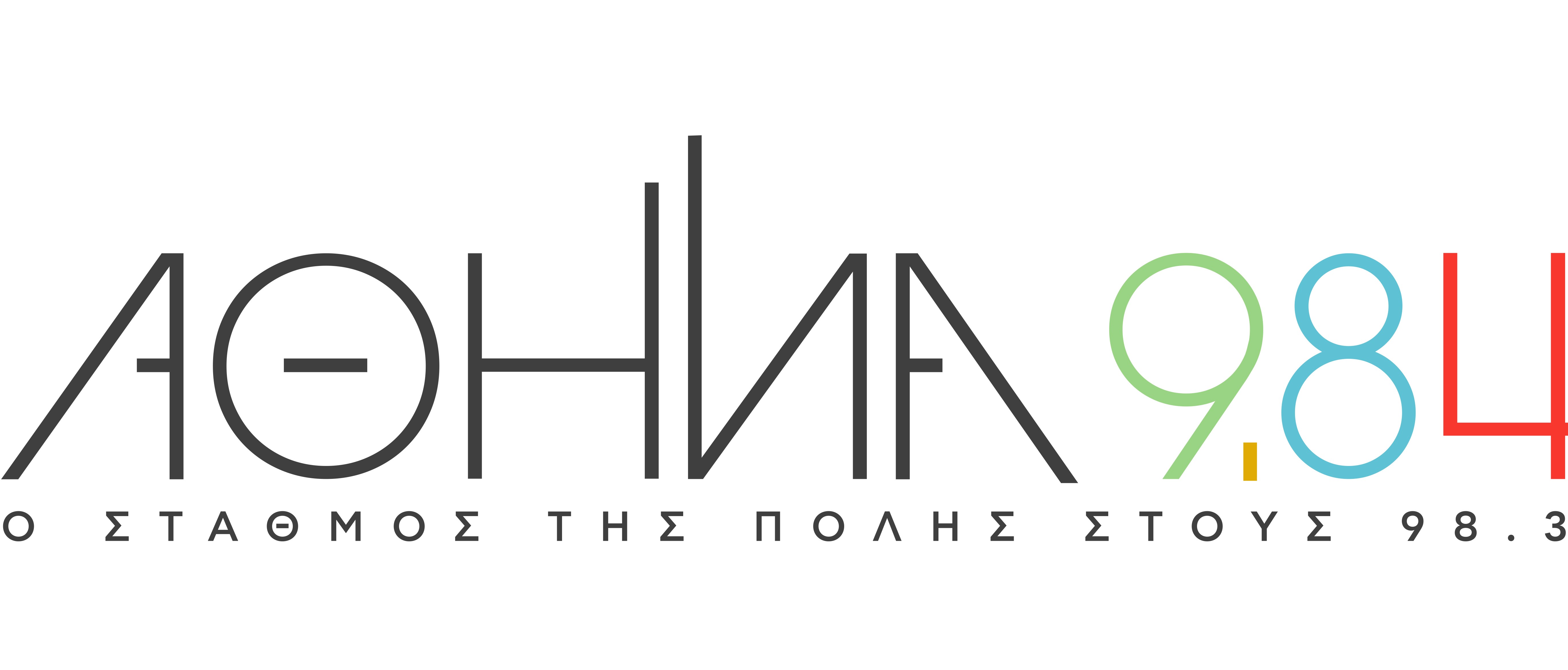Στις 7.30 ώρα Ελλάδος συνεδριάζει στις Βρυξέλλες η αρμόδια Επιτροπή της Κομισιόν με θέμα την επάρκεια εμβολίων κατά της COvid-19 και την αντιπαράθεση που έχει προκύψει με τις φαρμακευτικές εταιρείες Pfizer και Astra Zeneca μετά την ανακοίνωση τους για δραστική μείωση της διάθεση εμβολίων το πρώτο τρίμηνο του 2021.
Στην συνεδρίαση έχει κληθεί και αναμένεται να συμμετάσχει η σουηδοβρετανική φαρμακευτική εταιρεία AstraZeneca. Ενόψει της συνεδρίασης, η Επίτροπος Υγείας Στέλλα Κυριακίδου δήλωσε “Καλώ την AstraZeneca να επιδείξει συνέπεια, να οικοδομήσει εκ νέου τη μεταξύ μας εμπιστοσύνη, να παράσχει όλες τις πληροφορίες και να τηρήσει τις συμβατικές, κοινωνικές και ηθικές της υποχρεώσεις”.
«Τα 27 κράτη μέλη της Ευρωπαϊκής Ένωσης είναι ενωμένα στο ότι η AstraZeneca πρέπει να εκπληρώσει τις δεσμεύσεις της στη συμφωνία μας», τόνισε η Ευρωπαία Επίτροπος Υγείας, Στέλλα Κυριακίδου και προσέθεσε ότι «οι φαρμακευτικές εταιρείες, που παράγουν εμβόλια, έχουν ηθικές, κοινωνικές ευθύνες και ευθύνες συμβολαίων, τις οποίες πρέπει να τηρήσουν».
Παράλληλα επισήμανε ότι η «άποψη της ΑstraZeneca ότι δεν είναι υποχρεωμένη να κάνει παραδόσεις, επειδή υπογράψαμε μια συμφωνία “βέλτιστης προσπάθειας” δεν είναι ούτε σωστή ούτε αποδεκτή», ενώ σημείωσε ότι «οι εταιρείες δεν πρέπει να έχουν ψευδαισθήσεις ότι η ΕΕ δεν έχει τα μέσα να μάθει τι συμβαίνει».
Επιβεβαίωσε η AstraZeneca το ραντεβού με την ΕΕ
Νωρίτερα, η φαρμακευτική εταιρεία AstraZeneca διέψευσε ότι αρνήθηκε να προσέλθει σε συνάντηση με την Ευρωπαϊκή Ένωση. «Θα συναντηθούμε με την Ευρωπαϊκή Ένωση αργότερα σήμερα», αναφέρει σε ανακοίνωσή του εκπρόσωπος της εταιρείας. Ο υπουργός Υγείας της Αυστρίας Ρούντολφ Ανσχόμπερ δήλωσε νωρίτερα ότι η εταιρεία ανέβαλε μέχρι την Πέμπτη τις διαπραγματεύσεις για την μείωση της τροφοδοσίας της Ευρώπης σε εμβόλια.
Η AstraZeneca, η οποία ανακοίνωσε ότι οι αποστολές εμβολίων θα είναι μικρότερες από τις προβλεφθείσες για το πρώτο τρίμηνο του έτους εξαιτίας πτώσης της παραγωγής, εκλήθη ήδη δύο φορές την Δευτέρα για να δώσει εξηγήσεις ενώπιον των εκπροσώπων των χωρών μελών της Ένωσης και της Ευρωπαϊκής Επιτροπής. Οι εξηγήσεις θεωρήθηκαν «μη ικανοποιητικές» και νέα συνάντηση έχει προγραμματισθεί για σήμερα.
Ο Ευρωπαϊκός Οργανισμός Φαρμάκων (EMA) θα γνωμοδοτήσει την Παρασκευή για την έγκριση του εμβολίου της AstraZeneca στην Ευρωπαϊκή Ένωση.
Το απόγευμα της Τετάρτης η αρμόδια επίτροπος Υγείας Στέλλα Κυριακίδου απάντησε στον διευθύνοντα σύμβουλο της βρετανοσουηδικής εταιρίας χαρακτηρίζοντας λανθασμένο τον ισχυρισμό ότι η φαρμακευτική εταιρία δεν είναι νομικά υποχρεωμένη να παραδίδει εμβόλια στην Ε.Ε βάσει συγκεκριμένου χρονοδιαγράμματος και έκανε λόγο για «ανεπαρκείς εξηγήσεις από την εταιρεία» οι οποίες προκάλεσαν «βαθιά δυσαρέσκεια στα κράτη – μέλη».
Η κ. Κυριακίδου ανέφερε επίσης ότι υπάρχουν δύο εργοστάσια στο Ηνωμένο Βασίλειο από τα οποία η Ευρωπαϊκή Ένωση έχει το δικαίωμα να προμηθεύεται το εμβόλιο της AstraZeneca.
«Τα 27 κράτη μέλη της Ευρωπαϊκής Ένωσης είναι ενωμένα στο ότι η AstraZeneca πρέπει να εκπληρώσει τις δεσμεύσεις της στη συμφωνία μας» υπογράμμισε η Ευρωπαία επίτροπος και προσέθεσε ότι «οι φαρμακευτικές εταιρείες, όσοι παράγουν εμβόλια, έχουν ηθικές, κοινωνικές ευθύνες και ευθύνες συμβολαίων, τις οποίες πρέπει να τηρήσουν».
Οι Βρυξέλλες αμφισβητούν τις εξηγήσεις που δόθηκαν από τον διευθύνοντα σύμβουλο της εταιρείας Πασκάλ Σοριό στο πλαίσιο χθεσινής συνέντευξης σε ευρωπαϊκά μέσα ενημέρωσης.
«Η βρετανική συμφωνία έκλεισε το Ιούνιο (2020), τρεις μήνες πριν από την ευρωπαϊκή συμφωνία…Το Λονδίνο απαίτησε η τροφοδοσία η προερχόμενη από την βρετανική αλυσίδα τροφοδοσίας να προορίζεται κατά προτεραιότητα για το Ηνωμένο Βασίλειο», δήλωσε ο Πασκάλ Σοριό στην συνέντευξη αυτή.
Στο συμβόλαιο προπαραγγελίας που υπογράφηκε από την Ευρωπαϊκή Ένωση τον Αύγουστο και αφορά μέχρι 400 εκατομμύρια δόσεις του εμβολίου AstraZeneca/Oxford, «αναφέρεται ότι οι βρετανικές μονάδες παραγωγής αποτελούν επιλογή για την Ευρώπη, αλλά αργότερα», διευκρινίζει ο γάλλος διευθύνων σύμβουλος της AstraZeneca.
Σε απόσπασμα που δημοσιεύθηκε από την ιταλική εφημερίδα La Repubblica επιμένει: «Δεν είμαστε κατά κανέναν τρόπο δεσμευμένοι από την ΕΕ… Δεν πρόκειται για συμβατική δέσμευση. Είπαμε: θα κάνουμε ό,τι καλύτερο μπορούμε, αλλά χωρίς εγγύηση επιτυχίας».
«Η Ευρωπαϊκή Ενωση ήθελε πάνω κάτω όσες δόσεις έχει το Ηνωμένο Βασίλειο, ενώ υπέγραψαν τρεις μήνες αργότερα. Άρα είπαμε: θα κάνουμε ό,τι μπορούμε καλύτερο, αλλά δεν θα δεσμευθούμε συμβατικά».
Οι δηλώσεις του προκάλεσαν την αντίδραση των Βρυξελλών: «Αμφισβητούμε σειρά στοιχείων της συνέντευξης αυτής, ανάμεσά τους και την ιδέα ότι η παραγωγή των βρετανικών εργοστασίων θα προορίζεται για την τροφοδοσία του Ηνωμένου Βασιλείου. Δεν είναι ακριβές», δήλωσε στο Γαλλικό Πρακτορείο (AFP) αξιωματούχος της Ευρωπαϊκής Ένωσης.
«Για την ιδέα ότι “θα γίνει το καλύτερο”: το συμβόλαιο προβλέπει την ύπαρξη επιπλέον δυνατοτήτων παραγωγής. Του είδους που, εάν υπάρχει πρόβλημα σε εργοστάσιο του Βελγίου, να μπορούμε να προσφύγουμε στις δυνατότητες άλλων εργοστασίων στην Ευρώπη και το Ηνωμένο Βασίλειο», επέμεινε ο Ευρωπαίος αξιωματούχος.
Για τον Πασκάλ Σοριό, οι δυσκολίες στην «παραγωγή» που παρατηρήθηκαν στην ευρωπαϊκή μονάδα παραγωγής εξηγούνται από την καθυστέρηση που έχει σημειωθεί σε σχέση με το Ηνωμένο Βασίλειο: οι εταίροι του ομίλου πρέπει «να μάθουν» την διαδικασία παραγωγής.
«Δεν υπήρξαν τόσο αποτελεσματικοί όσο οι άλλοι…Πραγματικά δεν είναι τυχαίο. Δεν υπάρχει κάτι μυστήριο σε αυτό», τόνισε.
Πηγή: ΑΠΕ-ΜΠΕ









